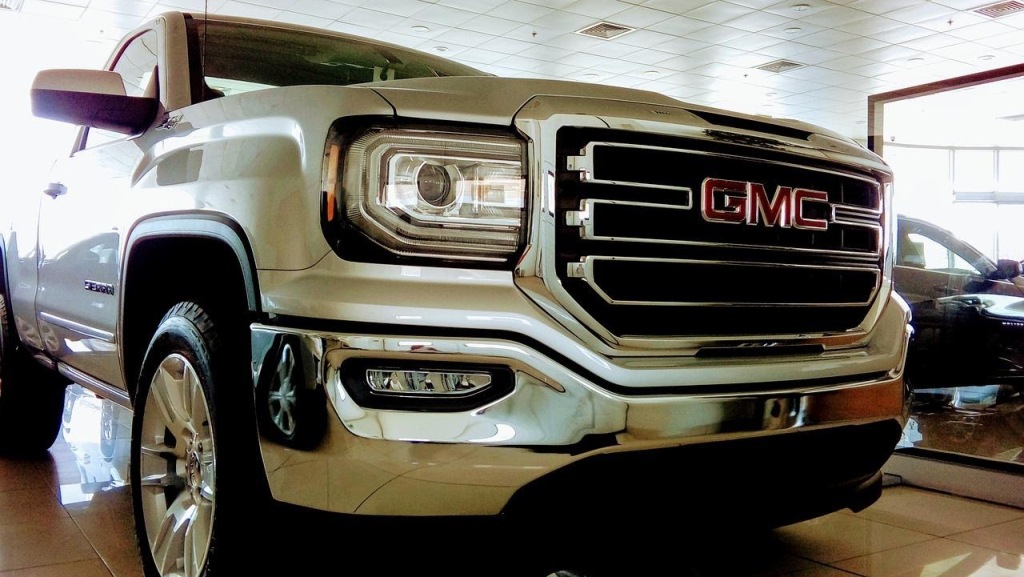
Should Contractors Lease or Buy Their Vehicles?
The needs of a contractor are constantly changing, depending on both the volume and type of work you’re doing. But one thing remains consistent: in order to do your job well, you need a high-quality vehicle and high-quality equipment. If you own or manage a contracting company, you’re well aware of the importance of your fleet.
What you might be less aware of, however, is that the way in which you acquire your fleet can have a resonant impact on your work and profits. Online, you’ll find plenty of articles comparing the relative merits of leasing and buying for personal vehicles, but what about commercial fleet vehicles?
Is it better to lease your fleet and equipment, or buy them? It’s a simple question, but the answer is actually pretty complicated. Here, let’s dissect the pros and cons of leasing and buying commercial vehicles for a contracting company.
Why Contractors Buy
Purchasing is the more common option for acquiring fleet vehicles and equipment, but why is that? Ask a manager or owner and they’ll probably cite a simple reason: owning means that it belongs to you. It’s an emotional choice, really, and you can’t fault businesses for doing it.

The downsides of buying, however, become apparent to anyone with an aging fleet. When purchasing, you’re stuck with your fleet vehicles for a long time (7-10 years commonly) and are the sole owners of their depreciating value. Is it really the best way to drive your business?
The Case for Leasing
As mentioned, the needs of a contracting company are always changing. The type of vehicle you need, the number of vehicles you need, and the cash flow that you’re working with, are in constant flux. The case for leasing, therefore, is that it accommodates those fluctuations. When you go through a professional dealership that knows how to handle business fleets, like when you lease fleet vehicles at Auto One Group, you start reaping real monetary and functional benefits.
First, the terms of a vehicle lease are more flexible. Rather than saddle yourself to a 7-10-year purchase term, you can lease a fleet vehicle for as little as two years. This allows you to adapt your fleet to the frequency and type of contracts you’re doing. If you’re experiencing a boom year, you can take on new leases without worrying about the upfront costs of purchasing.

That leads to the second benefit: cash flow. The monthly payments on a purchased vehicle or equipment can be quite high, as can the down payment. With leases, the monthly payments and down payment are far less expensive, meaning you can free up cash flow for other business responsibilities.
Finally, when leasing, you have access to better vehicles more often. Because you acquire new fleet vehicles with every lease term, your contract business is always driving a new fleet. This is not only good for functionality (new vehicles just work better than aging vehicles) but it’s also good for appearances. Clients always feel more at ease when you pull up in a new vehicle than in an old clunker.
In short, while it’s understandable that a contract business maintains an emotional tie to purchasing its fleet vehicles, leasing is the smarter business option.









